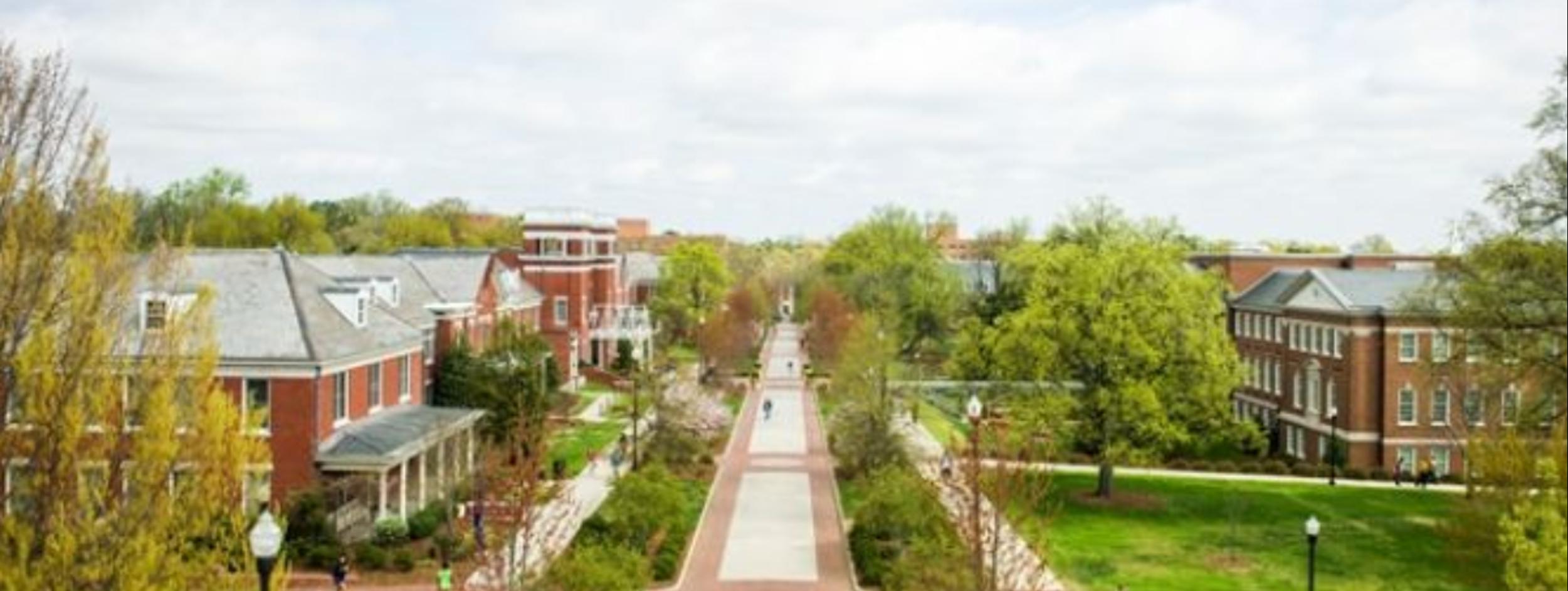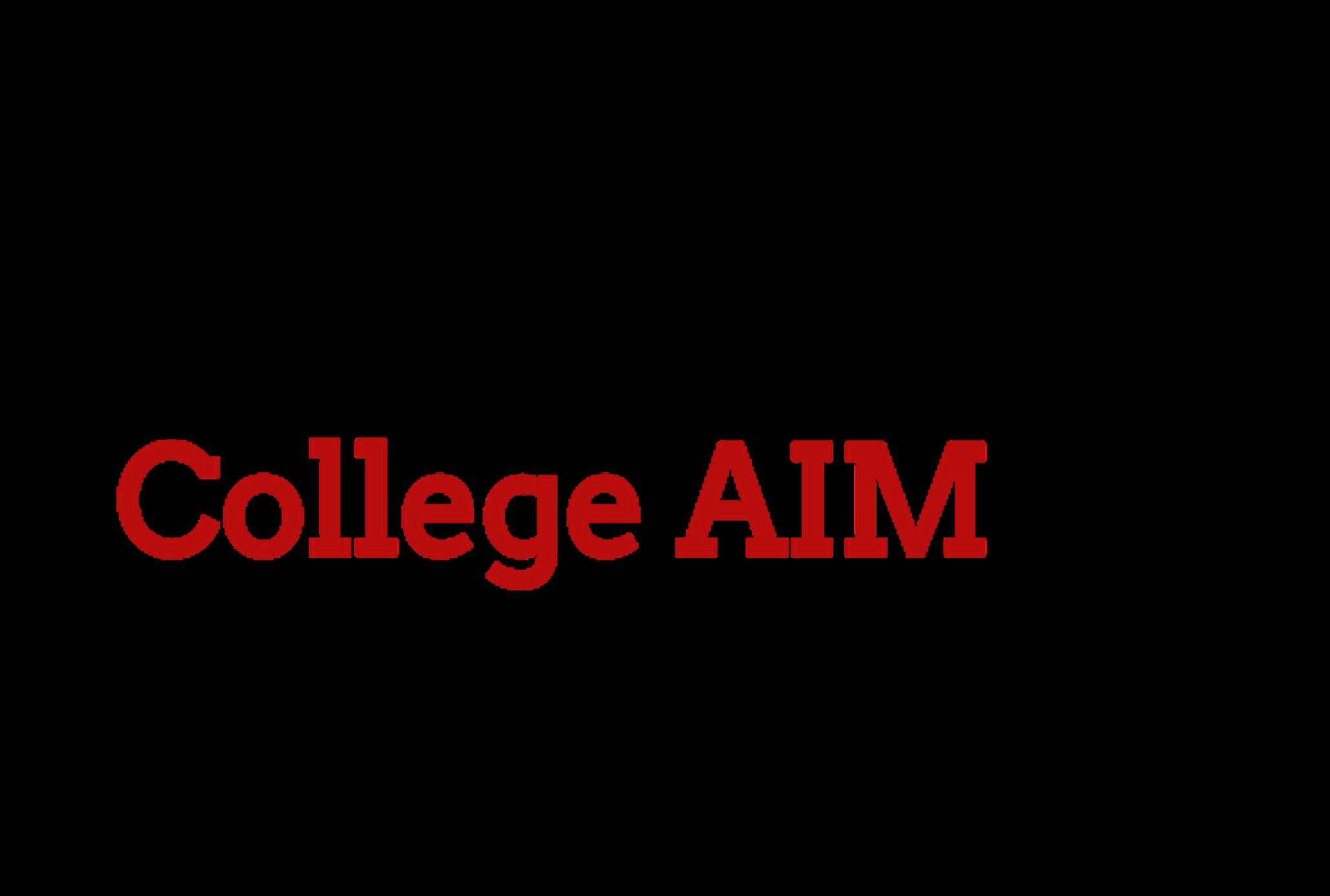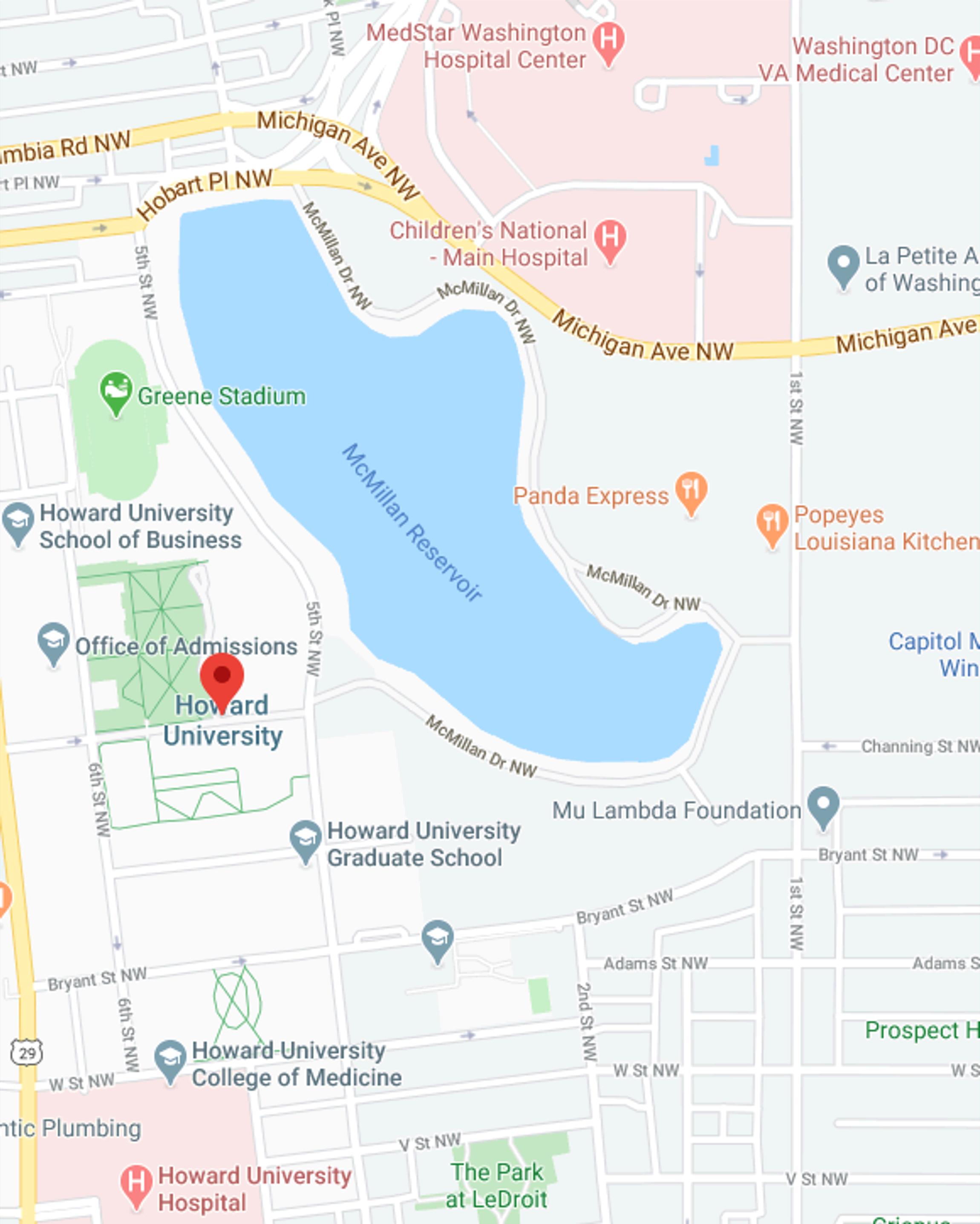
10 minute read
SUPPLIES
❑ Find out what you need for your dorms. (June)
If you’re living on campus and you have a roommate, talk to them so that you can coordinate. You don’t need to have two of everything, and sharing can save money. Maybe one person brings a mini-fridge and microwave and the other brings the TV. Check to see what size the bed is and make sure you have the right size sheets. Often dorms will have extra-long twin beds, so you’ll want to plan accordingly. This information should be listed on your college’s housing website, but if not you can always call the housing department to ask.
Advertisement
Sometimes you’ll get list of books that your classes require before school starts. Other times, the list will be on a syllabus that you receive on the first day of class. Make sure that when you buy your books, you get the right edition.
❏ Find out what books you’ll need for your classes. (August)
DON’T BUY THE BOOKS IN THE SCHOOL STORE UNLESS IT’S REQUIRED. THEY ARE MUCH CHEAPER ONLINE OR CAN BE FREE TO BORROW AT THE LIBRARY!
GENERAL COLLEGE TERMS
• Bursar: The office responsible for billing and collection of tuition, fees, and other charges on the student account. • College vs. university: Colleges are generally smaller institutions that focus on undergraduate education while universities are typically larger institutions that offer a greater number of graduate degree options. • Commencement: A formal graduation ceremony that celebrates recent graduates of the institution with their family and friends. • First-generation student: A college student who is the first in their family to go to college. • Higher education: Refers to any formal schooling after high school. • Post-secondary: Any education, whether degree-seeking or not, pursued after high school. • Provost: Sometimes called the vice president of academic affairs, a provost is a senior academic administrator who ensures the quality of academic programs. • Registrar: The registrar’s office is responsible for many administrative academic duties like registering students for classes, preparing student transcripts, preparing class schedules and analyzing enrollment statistics. • Student handbook: A student’s primary resource on their school’s academic policies, disciplinary procedures, student expectations and information about financial aid and other student services. • Terms vs. quarters vs. semesters: The academic year is often divided into terms—most commonly in the form of semesters or quarters. Semesters typically include a fall and spring semester and summer session that may be shorter. Quarters divide the year into four terms—each usually 10 or 11 weeks. • Work-study program: Work-study programs help college students with financial need get part-time jobs to help pay for day-to-day expenses and tuition payments. Work-study jobs are federally- or state-funded. • Holds: There are a few different types of holds that can be on your account. The important thing to note is that they prevent you from registering for class. It is important to reach out to admissions or
College AIM to help you resolve the hold (s).
ACADEMIC COLLEGE TERMS
• Academic advisor: Academic advisors are staff members assigned to students in their department.
They help students choose majors and minors, design a course of study and help ensure students fulfill graduation requirements. • Add/drop period: Time frame when students can drop or add courses to their course load without consequences, including incomplete marks on their transcript. • Associate's degree: Undergraduate degree that generally requires two years of full-time study. • Bachelor's degree: Undergraduate degree that generally requires four years of full-time study.
Students must declare a major in a particular field of study and choose a Bachelor of Arts or
Bachelor of Science degree path. • Certification: A non-degree credential that proves knowledge or skill in a specific area. Valued credentials vary by industry and job title. • Course catalog: A college publication that describes academic programs, their majors and minors, and required courses and their contents.
• Hybrid degree: Also called a blended degree, hybrid programs combine traditional learning on campus with online components. • Internship vs. externship: Both are experience building opportunities for students and the terms are often used interchangeably. That said, internships can take the form of paid opportunities to work in their fields in a low-level role for an employer. Externships typically aren’t paid, are shorter and are often a form of job shadowing. • Liberal Arts: Interdisciplinary study of humanities, social and natural sciences meant to give students a broad spectrum of knowledge. • Office Hours: College instructors are typically required to keep weekly office hours during which they're accessible to students. Students can use these office hours to schedule a meeting with an instructor to review specific questions or concerns. • Pass-fail course: Instead of receiving a letter grade, students receive either a P or F on their transcript. Requirements for passing will vary depending on the course. • Plagiarism: Taking credit for someone else’s work as your own including copying words, sentence structure or ideas. Plagiarism has very grave consequences in higher education. • Prerequisites: Courses required to take more advanced courses or apply to a program. • Probation: Academic probation means a student has fallen from good standing status and is at risk of being dismissed from the university. Institutions measure academic standing by GPA and courses passed. Policies regarding this will vary depending on the institution. • Registration: Process of reserving a spot in specific classes for enrolled students. • Seminar course: A course based on reading, research and group discussion. Seminar courses are typically smaller, led by professors and cover advanced topics. • Syllabus: An outline of the important information about a course. Written by the professor or instructor, it usually includes important dates, assignments, expectations and policies specific to that course. Some are quite lengthy. • Thesis: An extensive research paper created as part of an academic program—typically at the graduate degree level. • Transfer credits: Course credits carried over from one institution to another. • Undecided or undeclared: A student enrolled in courses but has not yet declared a major. • Withdraw: To drop a class after the add/drop grace period. Withdrawing often means receiving a
W on your transcript.
TUITION AND FINANCIAL AID TERMS
• FASFA: Stands for Free Application for Federal Student Aid. A document prospective students complete to determine eligibility for federal loans and grants. • Grants: Grants are need-based forms of financial aid that do not need to be repaid. Federal grants are awarded through the FASFA. Schools and states can also offer additional grants. • Net price: Calculated by taking the “sticker price” for tuition, room and board and other fees, and subtracting any scholarships and grants the student is receiving. • Room and board: Term for charges stemming from on-campus food services and housing. • Scholarship: An award given by a college, university or outside institution to help a student pay for tuition or day-to-day expenses. Criteria varies depending on individual scholarships. • Stafford loan: A direct federal loan with fixed interest rates.
• Subsidized vs. unsubsidized loan: If a student receives a subsidized loan, the U.S Department of
Education pays all interest accrued during school, the 6-month grace period and deferment.
Students with unsubsidized loans must pay interest either while in school or have the accrued interest added to the principal loan balance. • Tuition: The core price for college classes. Tuition may be listed as a flat rate for a range of credits, usually 12-18, or priced per credit.
CAMPUS RESOURCES
Successful college students use a variety of available resources such as tutoring, informal student study groups, meeting with professors during office hours, meeting with an academic advisor, and asking for help when they need it. There are many free resources to help students transition to college and get personal, health, financial, and academic support. If you are a first-generation student, meaning you are the first person in your family to go to college, colleges may have programs designed just for you.
There are also free tutoring and writing centers, as well as, career counseling and academic advising for students at all schools. Most schools have a mental health counselor and health facility on campus. You may be living on your own for the first time when you go to college — but that doesn’t mean you’re alone. Most colleges offer campus services that students can use when they need help with personal, social, health, financial or other issues. Here are some examples of what you might find.
• Academic Support: Colleges want you to be successful and offer many different types of academic support for students. You will be assigned an academic advisor who will help you select classes, choose a major, and navigate all of your degree requirements. You will also have access to free tutoring and a writing center for help with your assignments. Taking advantage of these resources early on will help you achieve your academic goals. • Admissions Office: The admissions office is the team of administrators who review all new student applications. The admissions office is responsible for onboarding new students into the college or university along with other offices and departments on campus. • Residential Services: Dorms and other campus housing options usually have resident advisers (RAs). These are generally college juniors or seniors who live in the dorm and act as counselors, among other roles. Your RA can talk with you about any issues you’re having, in or out of class, and direct you to other campus services that can provide help. • Diversity/Equity/Multicultural Student Affairs: This office or center typically supports historically underrepresented students and those who are first in their family to attend college as they navigate the college experience. You can find information about resources, scholarships, clubs, organizations, events, and more when you visit. • Counseling: If you're having a tough time coping with stress, speaking with a mental health counselor at your college can help. Counselors can also help if you feel isolated or depressed or have other personal issues you want to work through. Colleges generally offer free counseling for a set number of sessions or semesters. If you need more than that, they can refer you to off-campus mental health professionals. 22
• Health Centers: The doctors and nurses at on-campus health centers provide medical services and education. They can treat illness and injury, give immunization shots and perform medical tests. • Religious Centers: At most colleges, you can get counseling from members of the clergy. Some campuses have representatives from many different religions. • Financial Aid Office: Financial aid officers can help explain your financing and loan options. They are experts at finding ways to pay for school and can introduce you to strategies you may not have considered. They can also answer questions about the Federal Work-Study Program, a program that offers some students the chance to have a part-time job as part of their financial aid package. • Information Technology Support: As a college student, you’ll rely on computers, Wi-Fi and other technologies. Staff members are available at most colleges to help you with your Internet connection and network access to keep you online and on track. • Career Centers: Career centers offer tests that can help you find careers that match your interests, and they provide information about the types of jobs available to graduates in your field. The centers offer guidance on writing résumés and practicing for job interviews and often aid students seeking their first job after graduation. They usually maintain a job board and other employment resources. Colleges often allow graduates to return to use these resources if they need them later in their careers. • Commuter Services: Your college may have special services for commuters — students who don’t live on campus. These may include student lounges, help finding off-campus housing, commuter parking and clubs for older adult students. • Student Support/Success Programs: Your college may have special programs available to help students by providing academic coaching, time management workshops, leadership development, social opportunities and more. • Other Student Services: Many colleges offer services for students with special circumstances.
Examples include international students, students with disabilities, students with children and students who are lesbian, gay, bisexual or transgender.

If you need any help with your transition to college, just reach out to Ms. Jamesia using the contact information below. College AIM is here to help!

Jamesia Terry Program Manager, Postsecondary Success jamesia.terry@collegeaim.org







